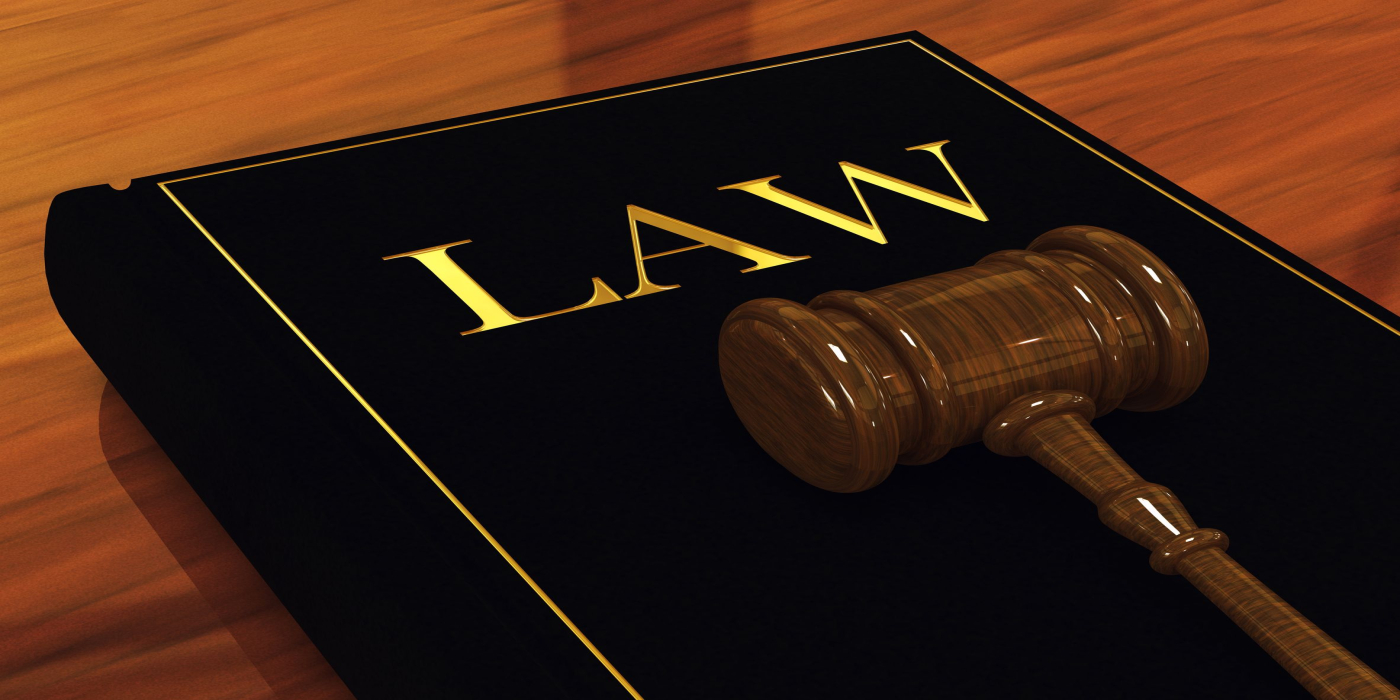
RULE OF LAW: On need for Supremacy of the Rule of Law far and above National Security and Interest and the danger in Disobeying Court Orders.
The Rule of Law by its natures connotes among others, that everything in the governance of man in any society must be done according to law. Meaning that both the government and the governed must always justify their actions on law.
President Muhammadu Buhari, in his opening remarks during the 2018 NBA Annual General Conference currently going on in Abuja made the assertion that security and national interest should be elevated above the rule of law. If this assertion is allowed to hold, it is a subtle invitation to anarchy and chaos and an antidote to arbitrariness.
The Rule of Law is the mainspring, the fulcrum and the pillars upon which all governmental actions and inaction should stand.
Even if national interest is to be given its pride of place, it must be done within the framework of recognized rules and principles to avoid dictatorial tendencies. The law would still be the yardstick in determining the “national interest”. What amount to “National Interest” cannot be determined in isolation of the law. For it is the law that should determine what amounts to national interest. The Rule of Law is immutable and sacrosanct!
The proponents of the Concept of Rule of Law considered all necessary factors before drawing the curtain that the Law Should Rule. As far back as 2000 BC, Aristotle had postulated that “he who ask law to rule is asking God’s intelligence…”
John Locke, another early commentator of the Rule had stated that “freedom of men under government is to have a standing rule to live by…and not to be subject to the inconstant unknown arbitrary will of another man. ”
In the case of Mohammed Bello v. Governor of Gombe State and 3 ors. [2008] 8NWLR (1514)219 at 291-292 pargs H-C per Sankey, J.C.A stated thus;
“ I thought I should perhaps further reiterate that in this country governed according to the rule of law and democratic norms, the law is no respecter of persons and frowns at every affront to and infractions of the rule of law once proved. It abhors impunity in whatever disguise. When the law stipulates that reason must be given for the exercise of powers conferred by it…then reason must be proffered for any valid exercise of that power, which thus cannot be exercised in disregard by the provision of the law in a nation governed by law. Both those who govern and those they govern are subject to the laws and must therefore, operate within the ambits and confines of relevant laws. Anything less or else will endanger the rule of law, the very soul of every civilized democracies wherever it is practiced in the world…”
In a country that operates the principle of Separation of Powers, the Judiciary saddled with the constitutional power of interpretation of the law, in arriving at any decision considers all necessary laws, (off course a Judge is presumed to know the law) interest, and facts including “national interest” before making a pronouncement. Which must be obeyed. It is not the place of the Executive to choose which order to obey and disobey on ground of “national interest!”. In fact, since there is a strong presumption in favour of the validity of a court’s order, it behoves everyone to keep faith with the order of the court.
The options open to a person/body against whom an order was made or a judgment given is plain. He should apply to the court to discharge the order or appeal against the judgment that it might be set aside as the case may be. This is good sense, for as long as the order or judgment existed, it must not be disobeyed. A judgment of a court of competent jurisdiction remains valid and binding, even where the person affected by it believes that it is void, until it is set aside by a court of competent jurisdiction.
It has been established strongly that matters appertaining to judicial orders or judgments, for that matter, ARE NOT GENERALLY TREATED WITH ARROGANCE OR LEVITY. It is rather officious and treading on a perilous path for one to arrogate to oneself the right to choose and pick between court orders in terms of whether they are valid or null and void. In fact, since there is a strong presumption in favour of the validity of a court’s order, it behoves everyone to keep faith with the order of the court. To, therefore, disobey an order of the court on the fancied belief that the said order is null FOR ANY REASON WHATSOEVER – even if it subsequently turns out that the order in fact is proved to be null – is a risky and unadvisable decision because until the said order is finally determined to be null and void by the court the order subsists with the string attaching to it unmitigated.” See Babatunde v. Olatunji (2000) LPELR-SC.148/1995 Per ACHIKE J.S.C. (P.23, paras. A-F). (Emphasis mine)
The object of the creation by the Constitution of the three and separate departments of government is not merely a matter of convenience or of governmental mechanism but is basic and vital, to preclude a co-mingling of different powers in the same hands.’’ See A.G. of Bendel State V. A.G. of the Federation & ORS (1981) 10 S.C. (REPRINT) 1
Conclusively, the assertion that security and national interest should be elevated above the rule of law is an antidote to tyranny, lawlessness. If this assertion is allowed to hold, it is a subtle invitation to anarchy and chaos and should be rejected in its entirety.
Any call to place National security above the Rule of Law is an invitation to sabotage the cherished
rule of law. It must never be. For the constitution is the fons et origo. It is supreme.
SEPREBOFA OYEGHE ESQ.
seprebofaoyeghe@gmail.com.

